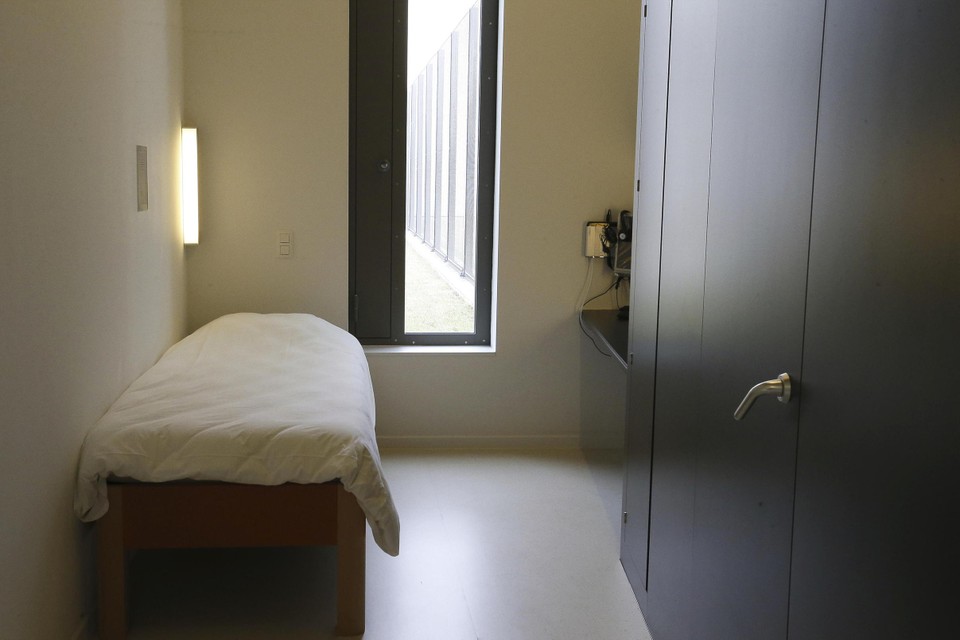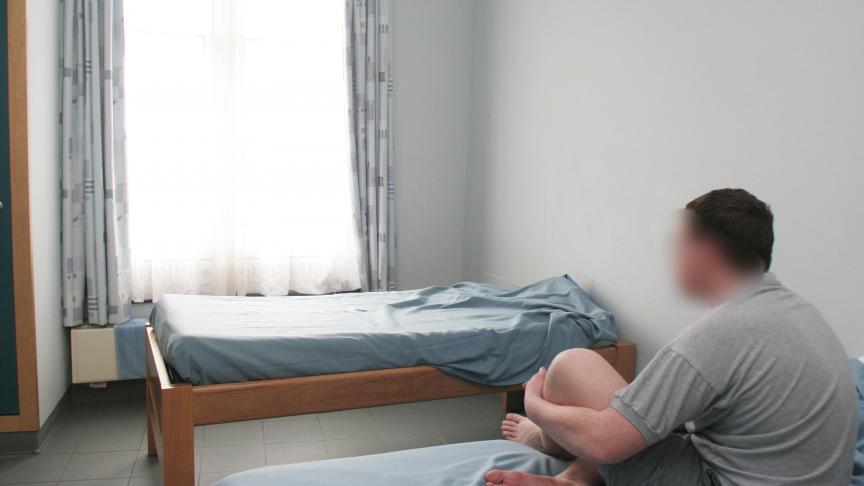The number of people forcibly admitted to psychiatry has been rapidly rising for more than a decade, with compulsory admissions now 63% higher than they were 12 years ago.
One in seven people in a psychiatric hospital are now forcibly admitted. This number has increased significantly compared to the number of voluntary admissions, according to recent figures from Zorgnet-Icuro, the umbrella organisation which covers all psychiatric hospitals in Flanders.
"In 2020 and 2021, the number even hovered around 15%," Director of mental health care at Zorgnet-Icuro, Yves Wuyts, told VRT News. "That amounts to an average increase of 4.3% per year, a trend that is continuing." This year-on-year increase was also confirmed earlier this year by data from the FPS Public Health.
Worryingly, the organisation also found more and more children and young people are being forced into admission: the number of forced admissions in this age group rose from 148 in 2021 to 176 in 2022.
More awareness?
One possible explanation for this increase could be that forced admission is 'prioritised' over the long waiting lists for a place in psychiatry, ensuring people get a place faster. However, the primary reason according to President of the Flemish Association for Psychiatry, Kirsten Catthoor, is awareness.

A room in a psychiatric health institution. Credit: Belga
"Young magistrates, police officers and doctors are more aware of mental health problems. This is a positive evolution in itself. But the flip side is that forced admission is sometimes also a convenient solution for behaviour that causes a nuisance," she said.
This was echoed by Family Platform, a support centre for family and social workers, which noted that forced admission is often a result of people with mental health problems not getting sufficient help. If their health worsens, they may face a forced – sometimes traumatic – psychiatric admission.
Updated legislation needed
Legislation for compulsory admissions to psychiatry was last updated three decades ago. It is therefore poorly equipped to deal with the increasing rise in admissions. A group from the Justice Department is working on new rules, which may come into force as early as this autumn.
Related News
- Negative trend continues: More youngsters feeling lonely, nervous and unhappy
- Armed psychiatric patient shot by police in Brussels hospital dies of injuries
The proposed updates include establishing a review period of up to 48 hours, especially if someone is under the influence of drugs or alcohol, to establish whether there really a psychological problem or danger. The review also aims to provide more resources to help those who are admitted and the patients' families and friends.
The new bill also calls for a more thorough, templated medical report by the psychiatrist and voluntary treatment under conditions as a temporary solution, allowing people to stay in their familiar surroundings.

